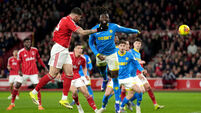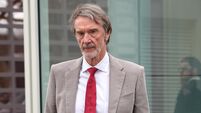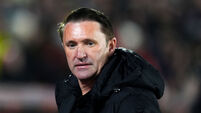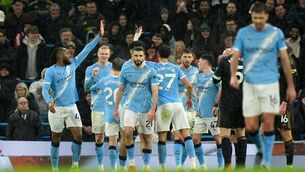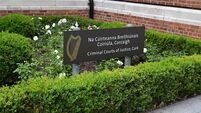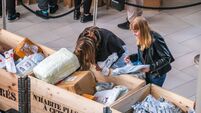Pat McGibbon: Getting back in the game

he margins are so small and Pat McGibbon knows that more than most.
20 years ago, the hard work was seemingly done. Signed by Manchester United at 18, the imposing centre-back from Lurgan spent a few seasons on the periphery, inching ever closer to the big time.







